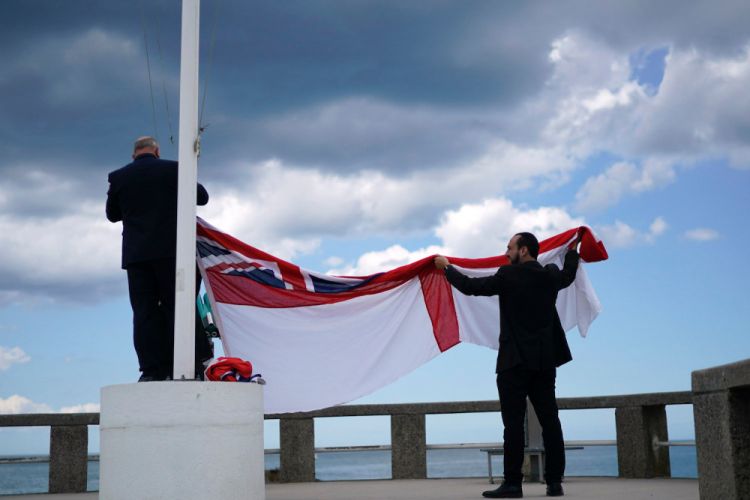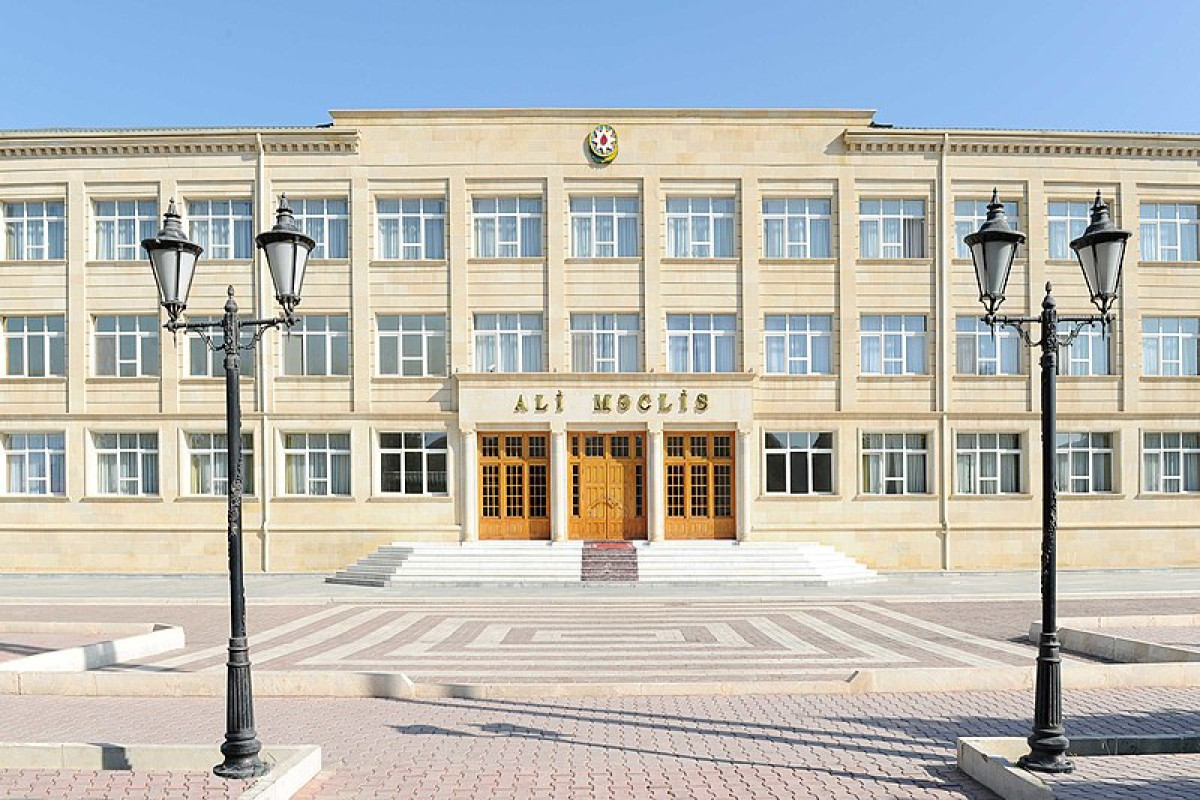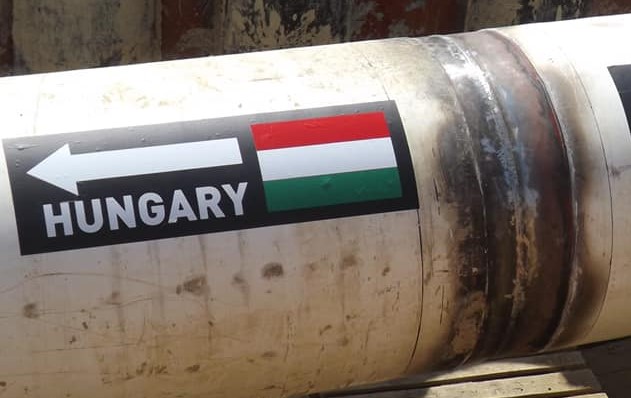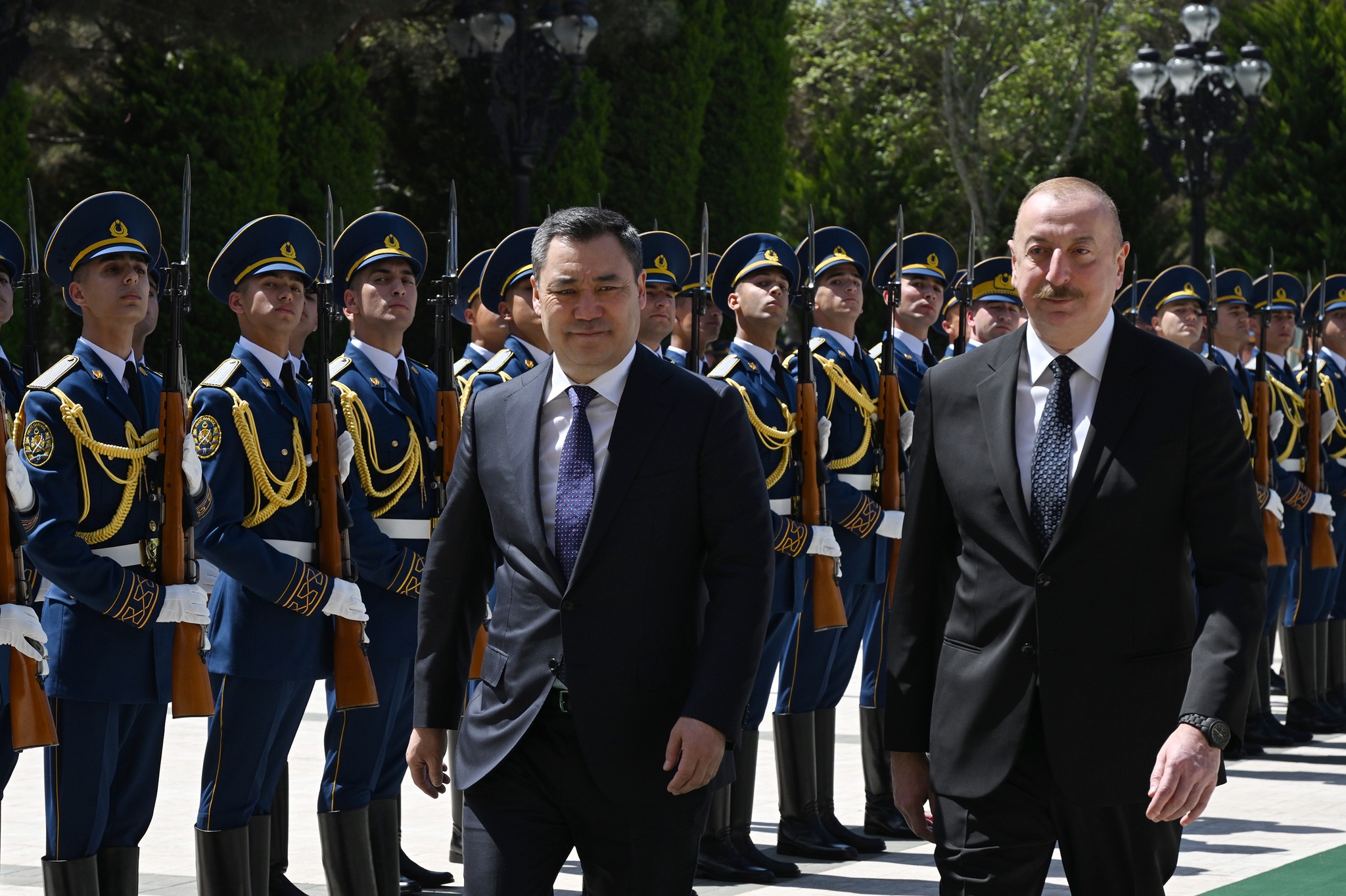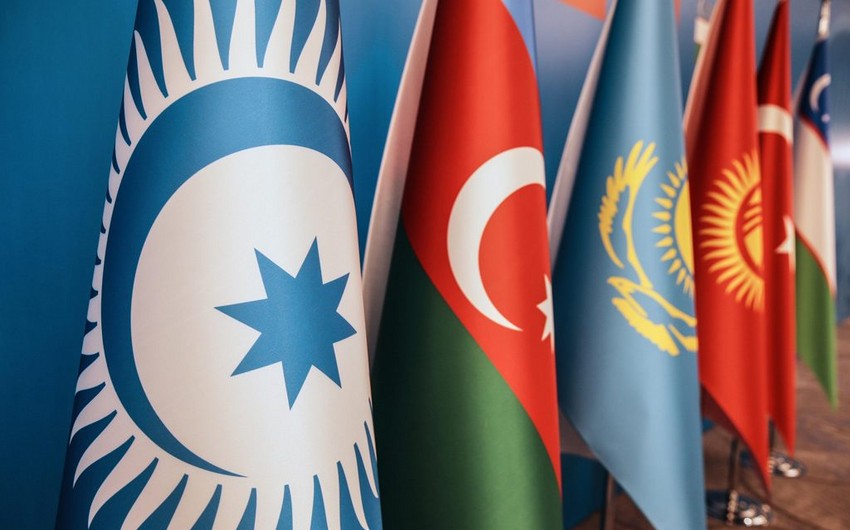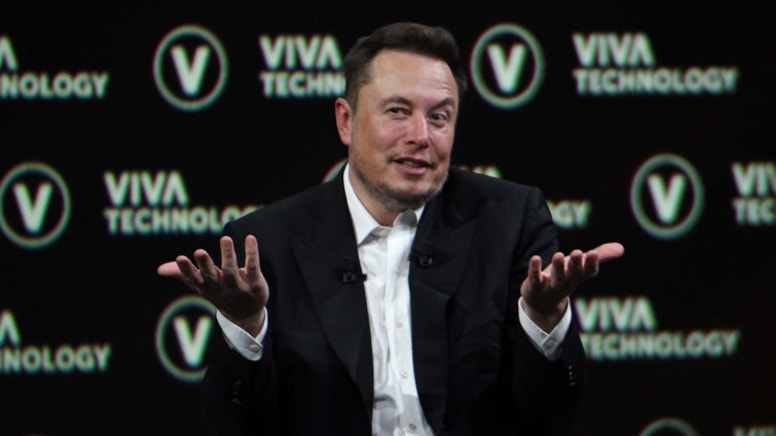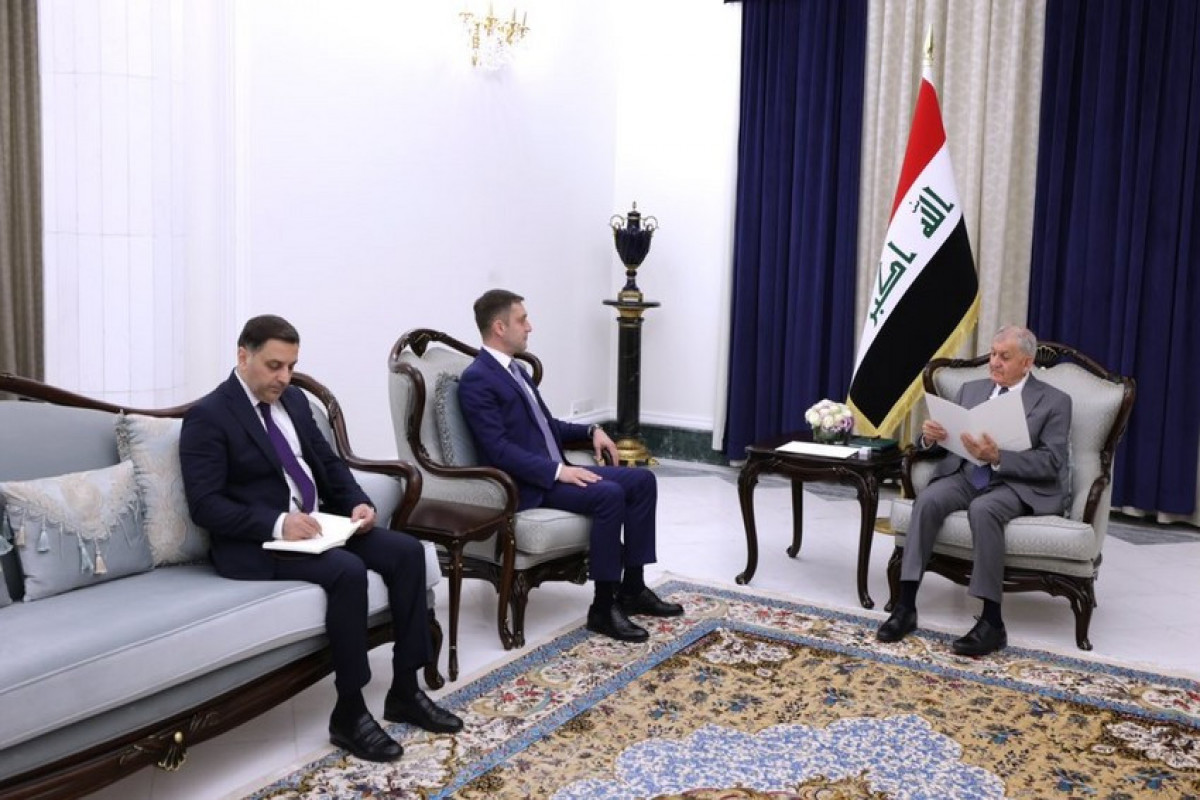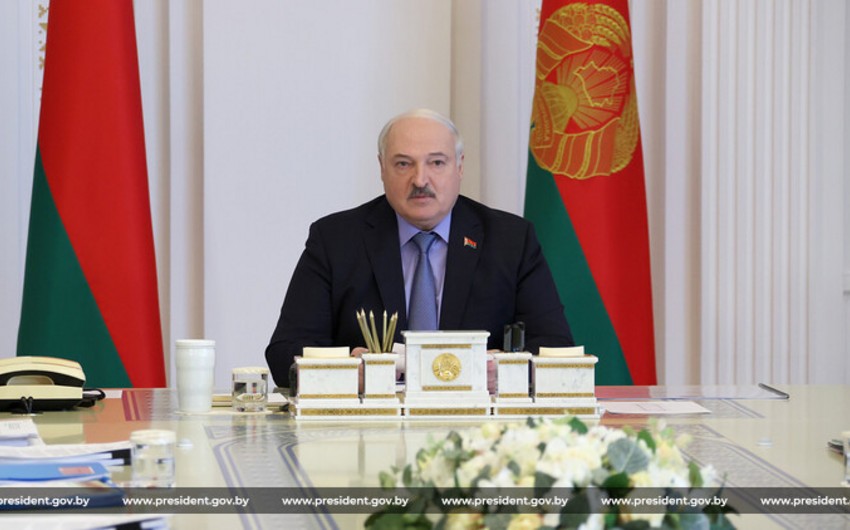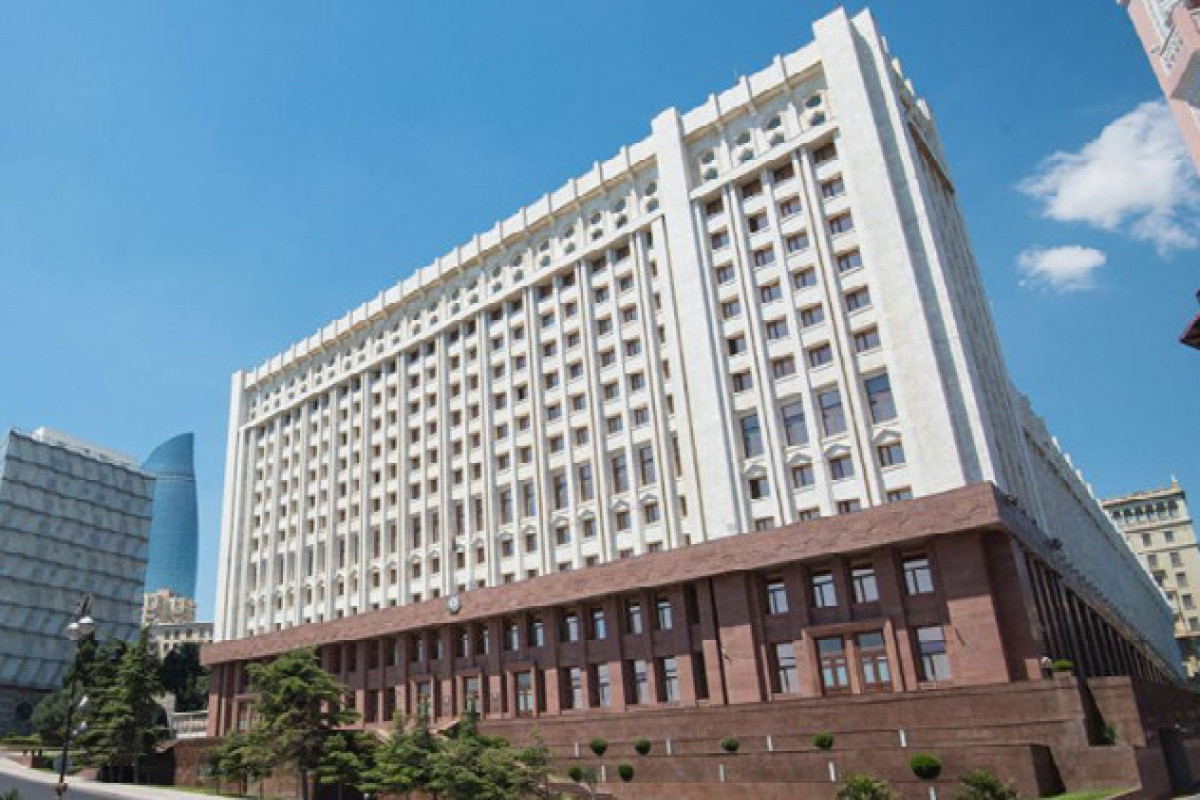Britain’s periodic updates to its national defense and foreign-policy posture long ago lost their ability to shape global events. Since 1956 at least, following the Suez crisis and the United Kingdom’s loss of the eponymous canal, the country’s periodic white papers spoke stridently but carried smaller and smaller sticks.
Despite brief episodes such as the 1982 Falklands War and the ultimately disastrous British participation in Iraq in the first decade of this century, British strategy has mostly been about retrenchment and management of post-imperial decline, or, at best, plucky efforts to live up to the nation’s vow to “punch above its weight class,” as British governments have liked to say.
Taken as a whole, it presents a cogent geostrategic picture of where the world is and where the United Kingdom might find a useful place in it, including through improving British health resilience, fighting climate change, bolstering homeland security, and addressing traditional hard security issues such as the country’s small nuclear deterrent and naval procurement.
Some of what follows is unsurprising. In a foreword, Johnson vows that in the world of 2030, the United Kingdom “will continue to be the leading European Ally within NATO, bolstering the Alliance by tackling threats jointly and committing our resources to collective security in the Euro-Atlantic region.”
There are repeated mentions of the United Kingdom’s commitment to European security—for instance, its participation in a NATO tripwire force deployed in the Baltic region. There’s a pledge to continue to spend more than 2 percent of GDP on defense, a threshold the United States has demanded of its NATO allies. The country’s nuclear missile submarine deterrent will be maintained, as will its small naval presence in the Persian Gulf and a Royal Navy that includes two aircraft carriers.
The Army, which swelled during the wars following 9/11, will absorb the lion’s shares of budget transfers. Increases will favor an expanded naval building plan, funding for a new-generation warplane dubbed the Tempest that would displace some of the Lockheed Martin F-35s that the U.K. had planned to purchase but now regards as an expensive mistake. Finally, new investments were pledged toward cyberwarfare capabilities, all part of a bill passed in November 2020 that represents the largest increase in British defense spending since the Cold War.
Yet for all its sweep and precision, the report seems to twist itself into knots in an effort to sync global policy with the ideology of Brexit that Johnson’s government has embraced: “Our departure from the European Union (EU) provides a unique opportunity to reconsider many aspects of our domestic and foreign policy, building on existing friendships but also looking further afield.” It goes on to set out an ambitious goal of increasing Britain’s influence in the Indo-Pacific region, offering up as evidence hoped-for bilateral trade deals with emerging Asian powers and the dispatch of the first Royal Navy flotilla in decades to the region.
To that end, it says Britain will continue to use its economic and political influence to call out China and other abusers of human rights. Yet it is largely quiet on China’s recent de facto abolition of the independent legal and political system in Hong Kong, the former British crown colony, and promises to “pursue a positive trade and investment relationship with China, while ensuring our national security and values are protected.” A balance easier pledged than achieved, no doubt, but one the United Kingdom shares with many other nations.
Notably, outside Johnson’s more polemical foreword, there’s none of the “band of b rothers” language about standing astride the world alongside the United States that was so evident under Prime Ministers Tony Blair and Thatcher.
The report stresses that the bulk of Britain’s hard defense assets will remain focused on the “Euro-Atlantic region,” but it also makes much of the country’s preference for diplomacy and a multilateral approach to conflict, a stark break with the unilateral (or, with the United States, bilateral) approaches that began with Kosovo in the late 1990s.
“The UK remains deeply committed to multilateralism,” the report says. “We prize our membership of many global bodies, of which the UN is the most important.” While this may also reflect the view of many in the new Biden administration in the United States, saying such a thing publicly has proved more difficult in modern America, where any effort to coordinate with foreign powers is invariably viewed as treason by a significant portion on the political right.
In Britain, where many were once as happy to go it alone as any U.S. neoconservative, the recommitment to multilateralism reflects a persistent distrust of America’s supposed leadership. That distrust has its roots in the falsified weapons of mass destruction narrative prior to the 2003 invasion of Iraq and the subsequent setbacks in the war there, and only intensified with the chaos of the Trump administration and its ignominious exit from the stage.
A broad survey of attitudes toward the United States conducted in late 2020 by the European Council on Foreign Relations found the British more pessimistic about the United States other nations. Seventy-four percent of respondents, for example, agreed that “we need to look after our own defense capabilities,” perhaps explaining why recent defense increases—COVID-19 notwithstanding—met so little domestic opposition.
If there is any failing worth noting in this exercise in self-analysis, it is the obviously retrofitted language on Brexit, which makes frequent appearances as a liberating force that will allow Britain to be Britain.
“As a European nation, we will enjoy constructive and productive relationships with our neighbours in the European Union,” the report says. Then comes the inevitable Brexiteers’ caveat: “… based on mutual respect for sovereignty and the UK’s freedom to do things differently, economically and politically, where that suits our interests.”
Happily, those interests seem to be calibrated realistically. Even with the new emphasis on defense funding and the lofty talk of reengaging Asia, the cultural hubris that Britain (and other Western powers) are often accused of is mostly missing. While the report notes, for instance, that the world’s most consulted index of soft power ranks Britain third, that its economy ranks fifth in GDP, and that the BBC is the world’s “most trusted broadcaster,” there is a clear-eyed self-awareness of the limits of British capacities to act alone or mount expeditionary missions that was absent from previous reports.
This new tone is much in keeping with an era when not just the United States, China, and the eternal rival across the English Channel, France, but also a half-dozen other peer competitors are formulating military and foreign-policy postures that rival that of the United Kingdom. From nuclear attack submarines deployed by Brazil to growing nuclear arsenals in Pakistan and India to the resurgence of Russian military prowess, Britain can no longer pretend to exist in some special security category between the superpowers and the hoi polloi. The country now sits more firmly in a specific weight class—the middleweight class—and the authors of this most recent white paper seem reassuringly comfortable with that fact.

